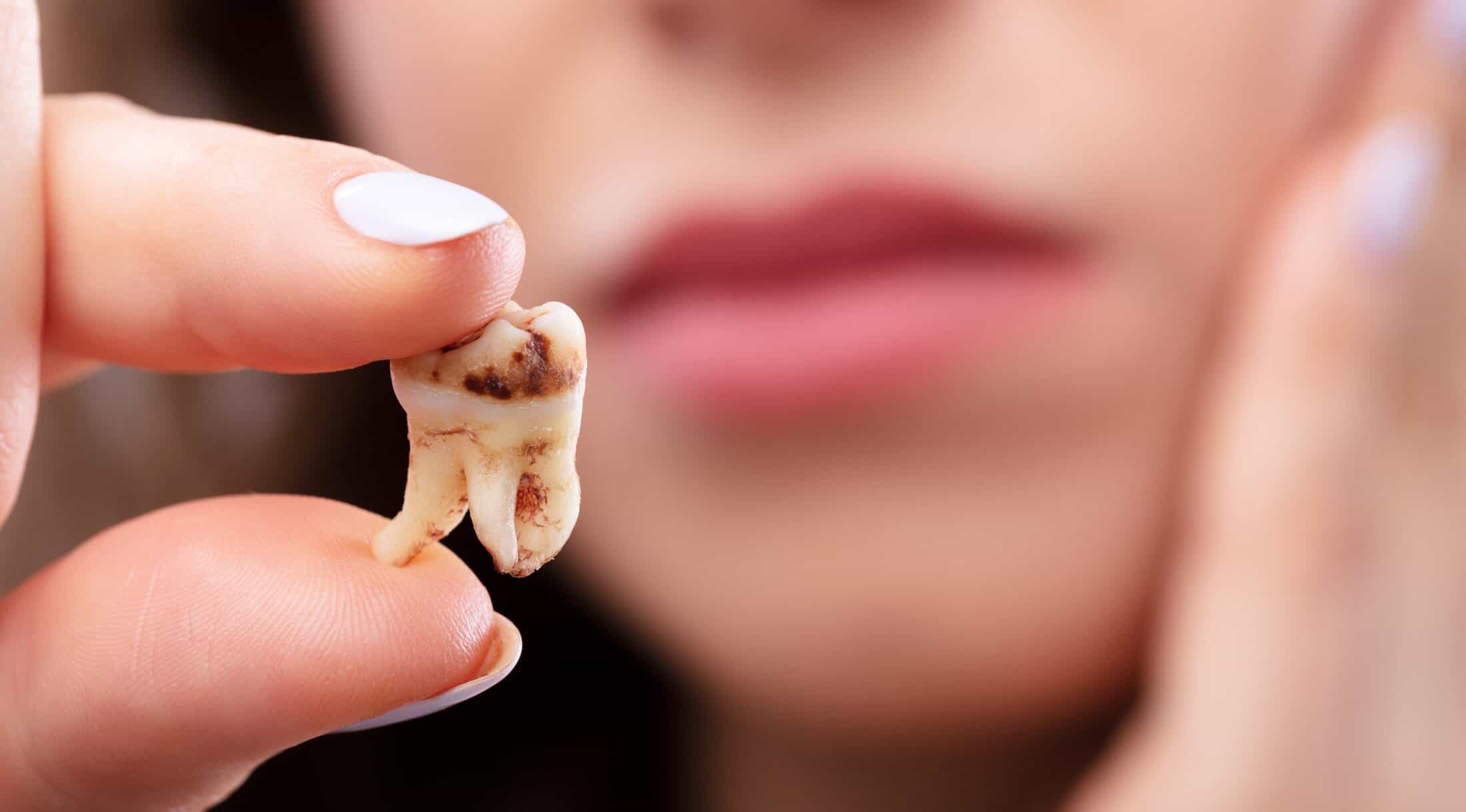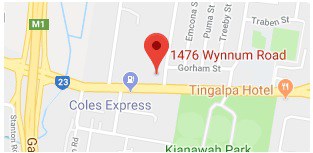Frequent vomiting can cause serious damage to teeth. Vomit is toxic because it contains stomach acids. These acids break down food in your stomach so your body can digest it. But in the mouth, these acids are corrosive and strong enough to wear away at the enamel that covers and protects your teeth.
Vomiting may cause your salivary glands to swell and the tissues of your mouth and tongue to become dry, red, and sore. Vomiting can be caused by excessive intake of alcohol or for people with an eating disorder. An eating disorder is called bulimia where a person engages in a cycle of binge eating and purging (vomiting) several times a week. The stomach acids in the vomit pass through the mouth and can erode tooth enamel, causing tooth erosion, sensitivity, and discolouration. The person may also have a chronic sore throat and small haemorrhages under the skin of the palate.
Frequent vomiting can erode your tooth enamel, especially on the tongue side of the upper front teeth. This sharply increases the risk of decay in these areas and can make these teeth sensitive to temperature. Severe erosion can lead to changes in your bite or the way your upper and lower teeth come together. Your back teeth can be reduced in size and some teeth can even be lost eventually. Tooth erosion can take about three years to become obvious, but not all bulimics experience it.

How Does Vomiting Affect Teeth?
The acids from frequent vomiting can wear away so much tooth enamel that they may cause a cavity. Bingeing on sugary foods and sodas can also contribute to tooth decay. When you have dental decay, you may notice that your gums bleed when you brush them. If you do not get a cavity filled, the hole will eventually become so big that you can lose the tooth.
When a person self-induces vomiting after a binge, large amounts of stomach acids are also brought up. Acid can break down and wear away the enamel of a person’s teeth. As the enamel is worn down, a person may start to have a sensitivity to hot and cold foods or even breathing in different air temperatures.
Once the enamel is gone, damage to the dentin or the second layer of the tooth structure occurs. This is the layer that protects the nerve endings. If this layer is damaged, it cannot be left untreated and unprotected.
Along with the teeth, gingival tissue in the mouth is also affected which can lead to painful sores. Some individuals who struggle with bulimia may have a higher risk of infections in the mouth as well.
What are some of the symptoms of Tooth Decay?
Yellow or Transparent Brittle Teeth
With continued erosion, teeth change in colour and they will get brittle. They can chip easily and may look ragged at the bottom. Sometimes they will turn a yellowish or transparent colour. or take on a glassy appearance. Bulimia can also change the shape and length of your teeth.
Swollen Salivary Glands
The acids in vomit can irritate the glands on the sides of each cheek. These glands produce saliva which helps to digest your food. It also protects your teeth against decay. You will notice swelling around your jaw if your salivary glands are affected. However, salivary gland swelling should go down once you get treated and stop bingeing and purging.
Mouth Sores
Stomach acid is strong enough to wear away at the skin on the roof and sides of your mouth. It can also damage your throat. This can leave painful sores inside your mouth and throat. The sores can swell up and even become infected. Some people feel like they have a constant sore throat.
Dry mouth
A lack of saliva can also lead to dry mouth. Dry mouth can affect the way you eat by changing the flavour of food. It can also damage the teeth because saliva washes the away bacteria that cause tooth decay. Having a dry mouth can make existing tooth decay from bulimia even worse.

How to treat Dental Decay from Bulimia?
If you are struggling with bulimia, in addition to getting treatment for your eating disorder, it is equally important to take care of your teeth through professional cleanings and proper home treatment. Routine cleaning checkups can help maintain the remaining tooth structure and gingival tissue in the mouth that has not been compromised by the eating disorder.
Your dentist may also prescribe and use fluoride treatments in the clinic and for home applications as well. This can aid in the re-mineralisation of the enamel. While you need to stop purging during treatment, in the eventuality of purging, you need to rinse your mouth with water immediately to get rid of acids in the mouth.
It is not recommended to brush teeth after vomiting or purging since it can cause further damage to the tooth enamel. Your dentist may prescribe a high fluoride toothpaste for use when regular brushings are done.
Once you have treated your bulimia, you can avail of several cosmetic treatments to repair your teeth. Porcelain veneers, composite veneers, or crowns can help you get back your smile and confidence. In some extreme cases, dental implants may be necessary to protect the health of the rest of the mouth.
What Can Be Done at Home?
As recommended, brushing twice and flossing once a day is essential in addition to a recommended or prescribed toothpaste from their dentist. After vomiting, rinse the mouth with water or a fluoride mouthwash (if prescribed by your dentist).
Having a conversation with your dentist can help you make the best choices for your oral health. Do you suffer from bulimia?
Call our friendly team on 3390 6100 or email us. Or click here to book your appointment.












Leave a Comment